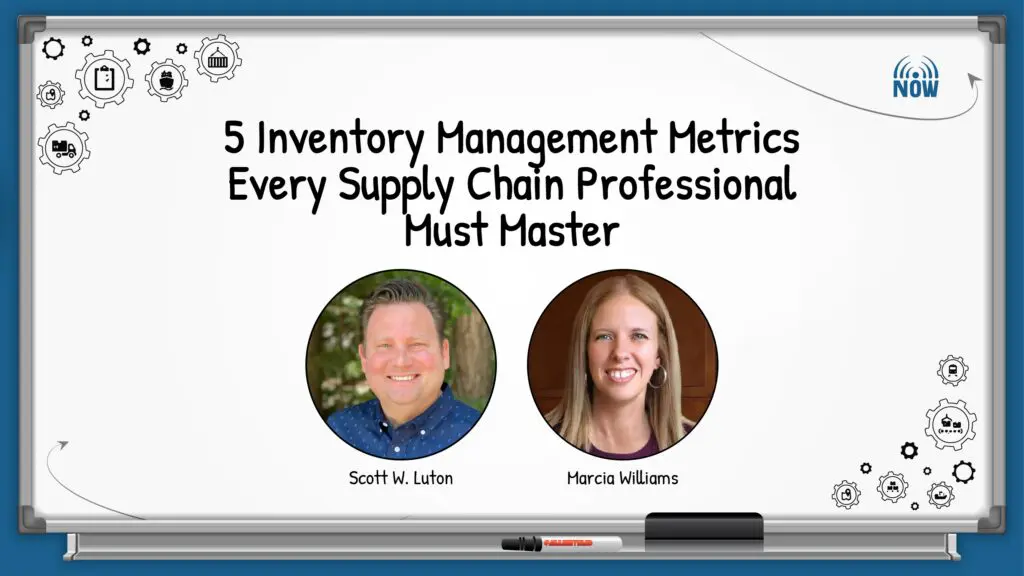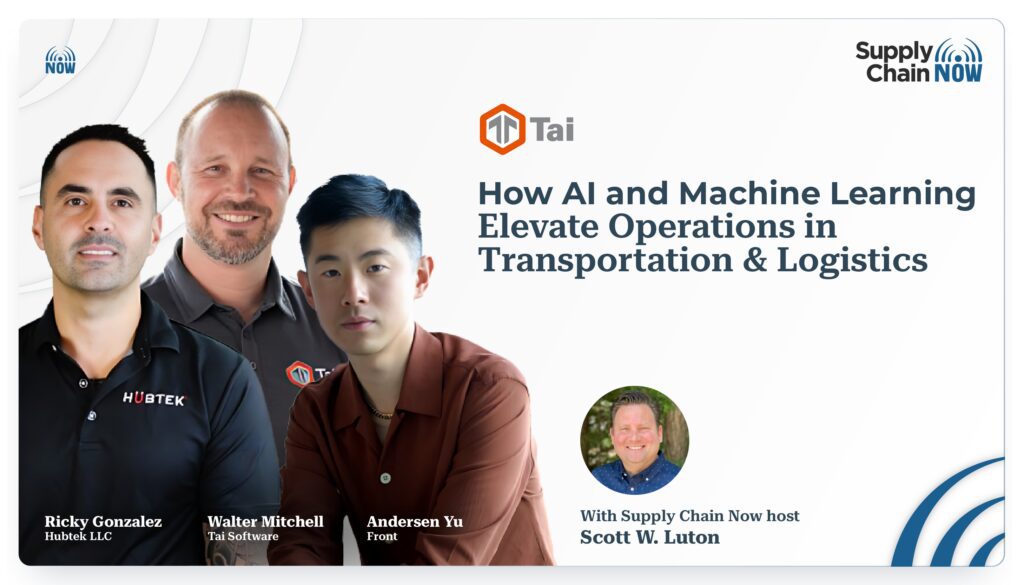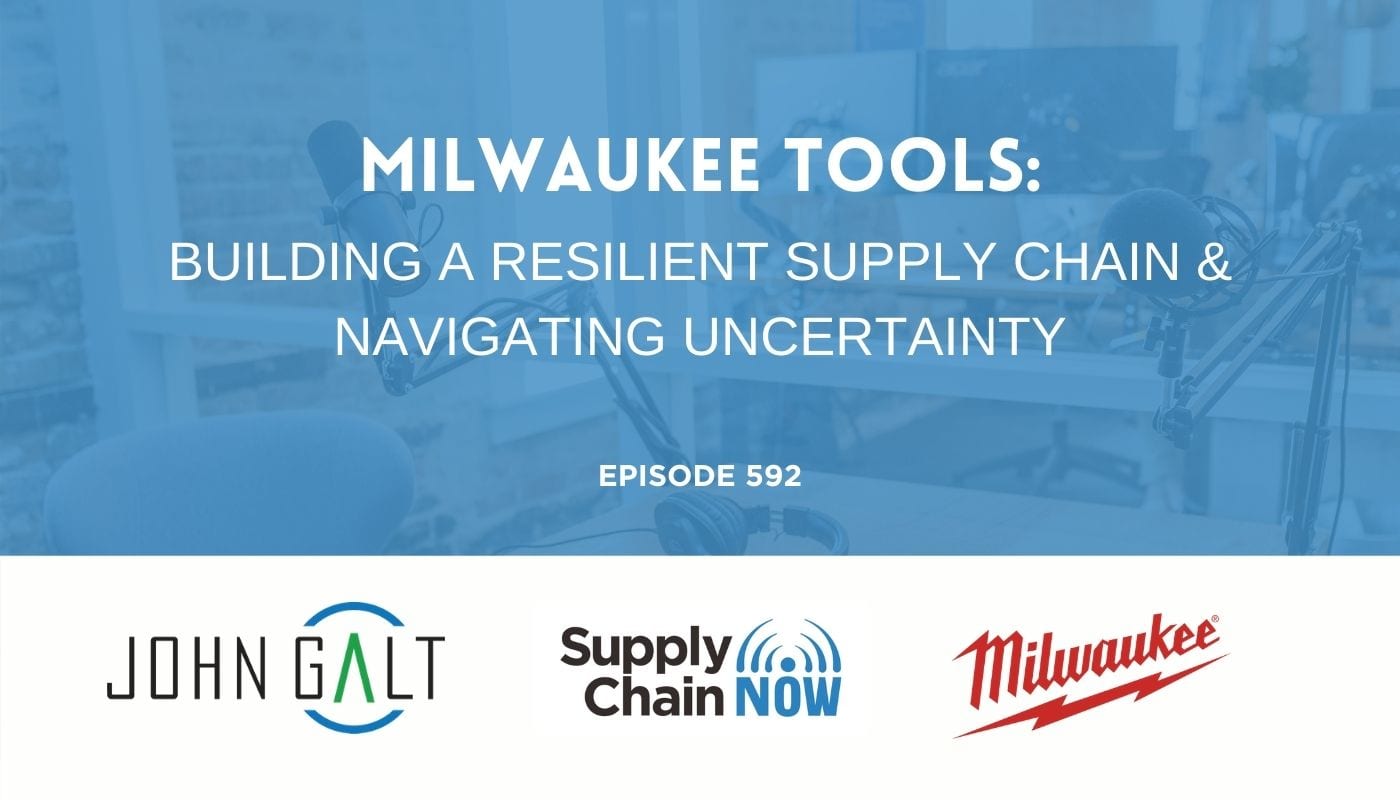“We’ve seen a huge uptick in supply chain planning – not just now, but actually a year or two years ago. Lots of companies want to extend the boundaries of their supply chain planning out to their customers and they’re doing it in a variety of ways.”
– Laura Foley, Global Services Lead with John Galt Solutions
“We have tons of data, and as our systems grow more and more information keeps piling up. How do we take that data and make it actionable to the point where our planners aren’t digging through to find out what they need to do – it’s right there, they can’t avoid it?”
– Brad Sayers is the Director of Demand Planning at Milwaukee Tool
Lots of companies have a wealth of data that they plan to do something with ‘someday,’ and Milwaukee Tool was no exception. What makes them different, is the decision they made early in the pandemic to prioritize their ‘someday’ data initiatives and start working on them immediately. Their short-term goal was to make consumption and monitoring trends more available and prescriptive for their planners.
Brad Sayers is the Director of Demand Planning at Milwaukee Tool and Laura Foley is a Global Services Lead with John Galt Solutions. They have worked closely over the last year to achieve Milwaukee Tool’s data and supply chain planning objectives on behalf of their planners and customer base.
In this episode, Brad and Laura discuss the following with Supply Chain Now Co-hosts Greg White and Scott Luton:
· How Milwaukee Tool is using data to future-proof their business by linking strategies with actions that can be adjusted over time
· The huge difference it makes to get supply chain planning and analytics out of Excel spreadsheets and into a BI solution
· The value of being able to combine external or third-party data with internal data to facilitate the supply chain planning process
More Podcast Episodes

5 Inventory Management Metrics Every Supply Chain Professional Must Master


